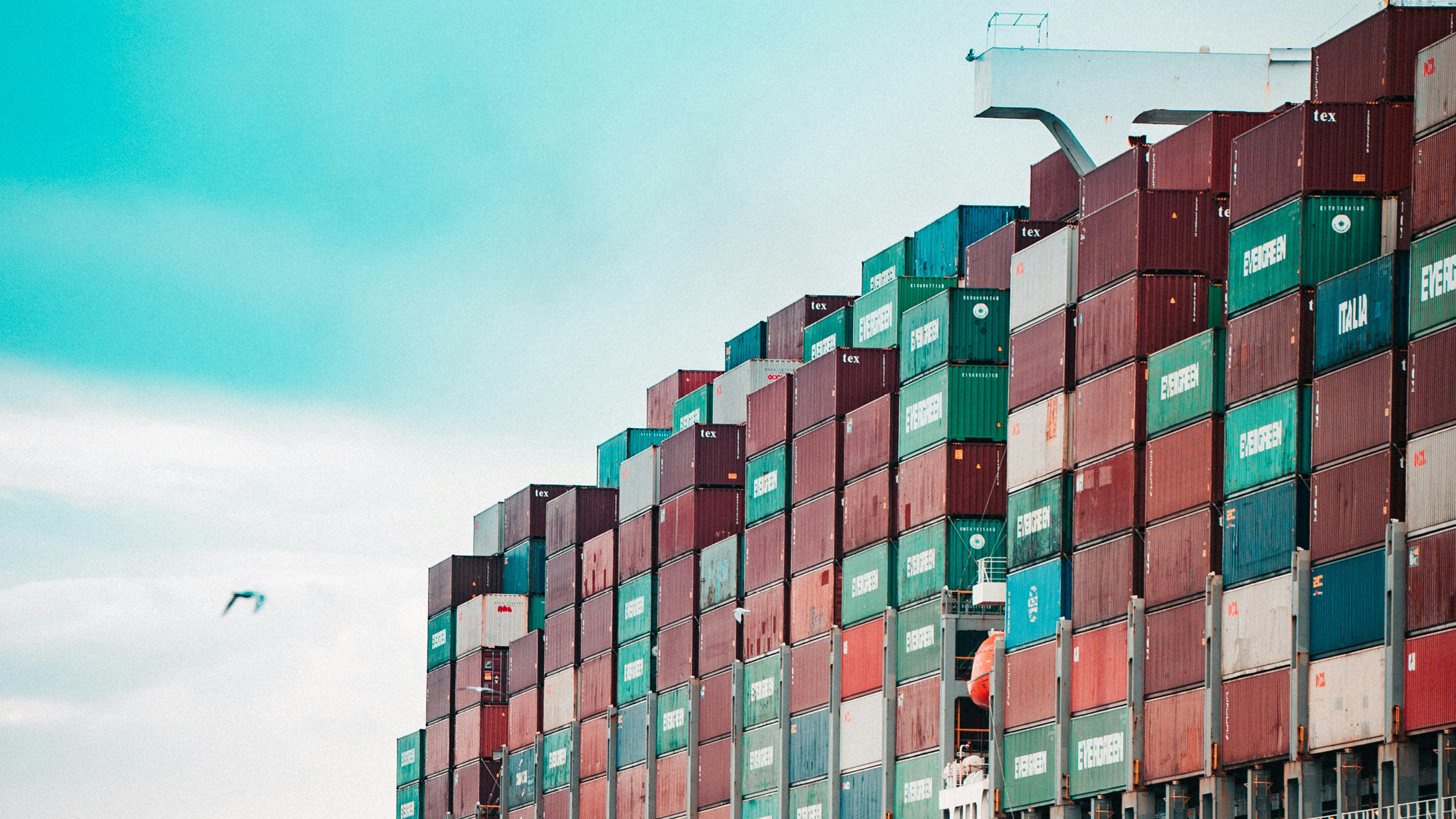12 takeaways for commodity traders (TXF Global Commodity Finance 2022)
Published on
June 9, 2022

Is the lack of a single ESG standard a reason to delay on disclosure and action? No.
It was a pleasure to speak at #TXFGlobalCommodities22. Thanks for the really enlightening insights from my co-panellists, Elsa Pernot (Gunvor Group Ltd), Paul Sebastien (Climate Neutral Commodity), Daniele La Porta (Gerald Group) and Hugo Brodie (London Metal Exchange).
Here are my key takeaways for commodity traders ⬇️
1. Early action brings benefits.
2. Access to trade finance is more and more linked to ESG criteria.
3. Customers are looking for lower-carbon suppliers ➡️ so get ahead for the green premium.
4. The spaghetti soup of standards is no excuse for inertia. Simply choose one and start somewhere.
5. External verification and certification is key to manage reputational and financial risks.
6. Measuring internally and disclosing externally are two different stages of the ESG journey. Companies often worry they need to do both at once, so delay the decision to start measuring. First, focus on internal tracking and getting stakeholders and strategy aligned, then choose an approach from the globally accepted standards for disclosure.
7. Methodologies for carbon accounting are available, agreed and precise: the challenges are the complexity of finding information and experts, and disclosing in a standardized way.
8. Getting data is one of the biggest challenges: but you’ll be surprised how much you can find when you start asking, or using best-available data. Start speaking to your suppliers and the technical managers for your assets. Use third party tools like CarbonChain that are already out there.
9. First-movers are taking strides, but the whole industry has to move forward, joining things like the Sea Cargo Charter to benchmark and improve together.
10. We need standards that are inclusive and achievable across geographies.
11. Transparency doesn’t necessarily mean information leakage and a loss of competitive advantage. For example, the worries around Health & Safety reporting were soon overshadowed by the advantages of sharing top tips and good practice.
12. Companies should learn from financial accounting: get an early view on the liabilities related to your carbon emissions.

Need help measuring your scope 3 emissions and understanding your carbon risk? CarbonChain fills a critical data gap for carbon footprinting in global commodity supply chains. Book a demo today.
Need help measuring your Scope 3 emissions for your reporting? Get in touch with CarbonChain today.
Schedule a call
See our full FY20-21 emissions report

Save this guide as a PDF
Get in touch today to book a demo and get a sample report for your needs.



.webp)
.webp)